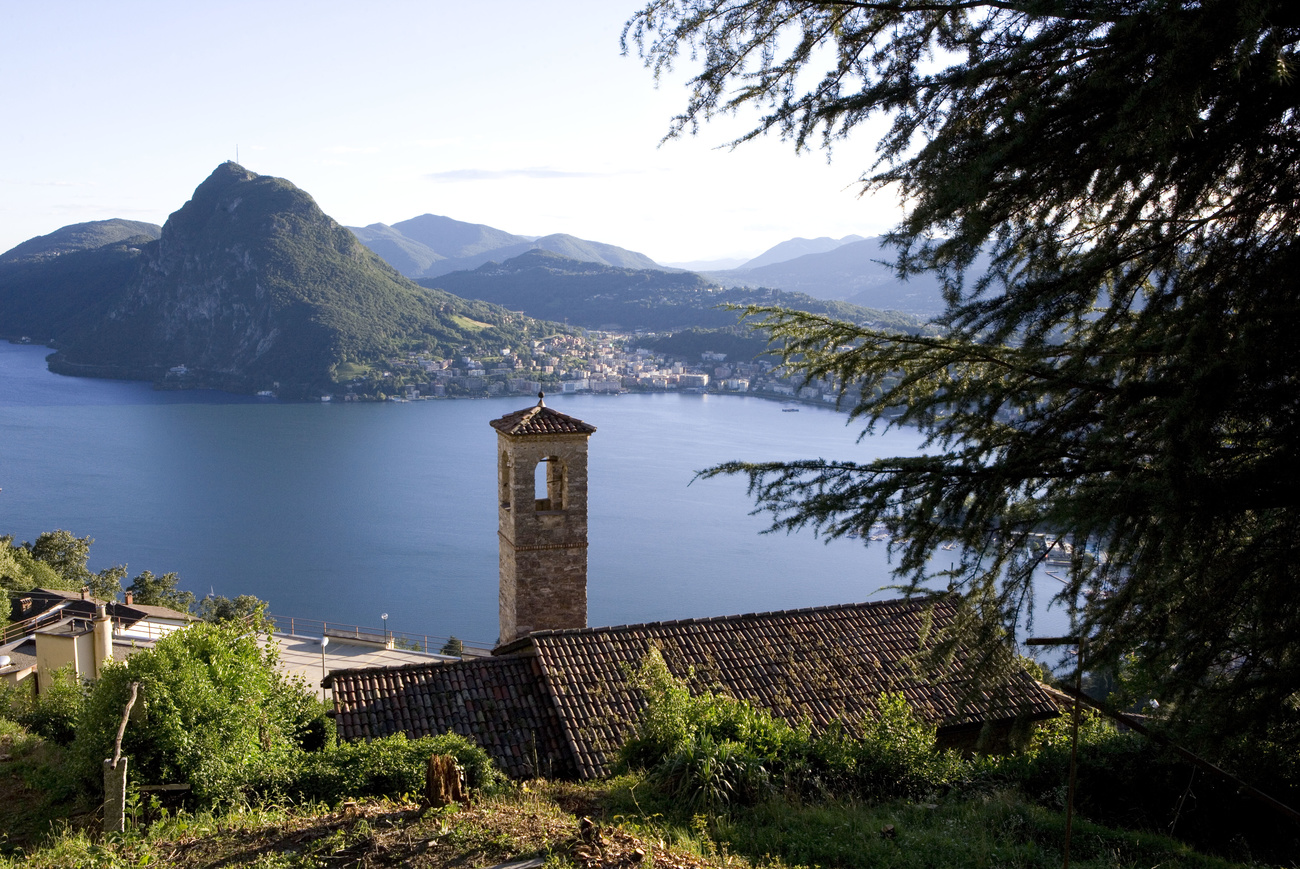
Rich Norwegians flee to low-tax Switzerland as wealth levy bites

More than 30 of the richest Norwegians have fled to Switzerland and other countries over the past year as business leaders voice concerns over the wealth taxes levied by the centre-left government in Oslo.
Public filings to Norway’s population registry show that at least 30 billionaires and millionaires swapped the prosperous Scandinavian nation for the lower-tax Alpine jurisdiction in 2022, including fishing-to-oil magnate Kjell Inge Røkke, its one-time richest person. Others have moved to countries including Cyprus, Italy and Canada.
More are likely to follow suit as the rich fret about tax changes they say hurt the country’s competitiveness, according to wealthy Norwegians and tax consultants. The latest is Fredrik Haga, the 31-year-old co-founder of $1bn-valued cryptocurrency data business Dune, who will on Saturday formally register his switch from Norway to Zug in Switzerland.

“I had to choose: am I based in Norway or do I want this company to succeed? It’s not about not wanting to pay taxes. It’s about paying taxes on money I don’t have,” he told the Financial Times.
At the heart of the debate is Norway’s wealth tax which is levied on all net fortunes greater than NKr1.7mn (CHF160,000) at a rate of 1.1% for the richest. Switzerland also has a wealth tax but offers deals for foreigners.
For entrepreneurs such as Haga, most of whose wealth is tied up in his company, the structure of the tax can lead them to take out big dividends or even sell part of the business. Yet because Dune is lossmaking but growing fast, he had no ability to arrange a dividend and does not want to sell a stake.
“I either have to take money out of the company or move,” said Haga, who feared that his next tax bill would be several times his disposable income.
The group of rich Norwegians who left for Switzerland this year had a combined fortune of NKr29 billion and paid NKr550 million in tax, according to the country’s open-access annual tax returns. The 2022 exodus is greater than in the previous 13 years combined, newspaper Dagens Naeringsliv calculated. Røkke, who moved to Lugano in September and paid NKr181 million in tax last year, declined to comment.

More
Number of global billionaires dwindles
Bone of contention
Norway’s wealth tax, one of the few still levied in Europe since France abolished its in favour of a property tax in 2018, has long been a bone of contention for the country’s rich.
“It distorts Norwegian business in all sorts of ways,” said Mathilde Fasting, a tax expert at think-tank Civita. “It forces owners to ask their companies for dividends, sometimes bigger than profits. It substantially increases the will not to invest in companies.”
The wealth tax is also a dividing line between Norway’s left and right. While the latter would like to see it abolished, prime minister Jonas Gahr Støre’s centre-left administration has this year increased the level of the wealth tax, raised the levy on dividends and scaled back the reduction on business assets for the wealth tax.
Fasting said wealth taxes on business assets were likely to have doubled in 2022 compared with the previous year, while the dividend tax had risen almost 50%. An exit tax designed to deter fleeing millionaires is due to be adopted soon.
Although Norway had “never been considered a country with political risk”, business owners were now thinking “we still have a couple of years with this government and it could get even worse”, Fasting said.
Generous welfare state
The government is unapologetic. Erlend Trygve Grimstad, state secretary in the finance ministry, said the government wanted individuals and businesses to thrive but that the richest had to pay more to help maintain the country’s generous welfare state. Norway still has several thousand millionaires, more than many rich countries on a per capita basis, he added.
“People benefit from free education, national infrastructure, free healthcare, subsidised pre-school childcare, robust furlough rules and corporation tax in line with other countries. It means those who enjoy success with this social model must contribute more than others,” he said.
Far from every rich Norwegian is leaving. Nicolai Tangen, the former hedge fund manager who runs Norway’s sovereign wealth fund, had to pay NKr60 million more in tax than he received in salary when he returned from London. “I pay my tax with pleasure. I personally think I get a lot back for my tax money,” he said.
Karl Johan Lier, chief executive of robot warehouse company AutoStore and the country’s ninth-biggest taxpayer last year, said he understood why people were leaving, especially those running start-ups. “There are a lot of people that shouldn’t have had to leave,” he said, while adding that he would not be one of them. “I have my family here, I have my grandchildren here. That’s more important than the tax in this connection,” he stressed.
Haga said he had little to gain for speaking out but that he wanted to sound the alarm for entrepreneurs and Norway’s nascent start-up scene.
“Norway has gone from being a bad to a horrible place to build a business. The reason for that is the wealth tax,” he said.
Copyright The Financial Times Limited 2022

More
Make us pay more tax, ‘Patriotic Millionaires’ tell WEF

In compliance with the JTI standards
More: SWI swissinfo.ch certified by the Journalism Trust Initiative

























You can find an overview of ongoing debates with our journalists here . Please join us!
If you want to start a conversation about a topic raised in this article or want to report factual errors, email us at english@swissinfo.ch.